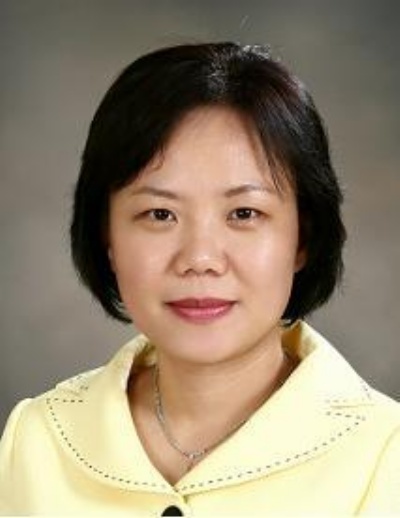
In 2008, Roberta Chang - a Korean American Researcher - donated copies of video interviews she conducted with direct descendants of the first Koreans in Hawaii, who emigrated between 1903 and 1924.
Most of the interviews were done in Hawaii over a span of nearly 20 years. After studying the interviews, I obtained Chang’s consent to publish the 19 I deemed most valuable. It took me three years to select, study, transcribe and document my findings.
The result was “When the Korean World in Hawaii Was Young, 1903-1940” published by University of Hawaii Press this January.
The Korean Americans interviewed were the daughters and sons of the first Koreans to arrive in Hawaii in large numbers and whose immigration was sanctioned by the Korean government in 1903. Most of the interviewees were born in the 1910s and 1920s.
Oral histories are often records of everyday experiences - they have none of the glamour and abstraction of accounts of historically significant events. People describe a specific point in their lives affected by the tenor of the times that becomes a part of history.
The personal histories show how people, far from home, gathered together and came to depend on each other; how fear and vulnerability aroused their religious faith; how they firmly united as patriots to help their homeland; and how, under opposing leaders, they turned against each other.
These interviews with early Korean migrants to Hawaii tell of private experiences, yet they are also vivid records of Korea’s history.
Dr.Rhee Syng-man was invariably mentioned by every interviewee. Ten of them had direct contact with Rhee or their parents were close friends of his.
Because political organizations became enmeshed with religious and educational organizations in the Korean community, Rhee played a huge part in the lives of many older second-generation Hawaii Koreans.
All of the interviewees were involved with Rhee, either as supporters or detractors.
The stories are archetypical of modern diaspora; they tell of both the tragedies and successes involved in the struggle to acculturate and assimilate.
We learn that Korean immigration was encouraged to keep the increasing numbers of Chinese and Japanese in check; that first-generation immigrants were denied permanent residency status for 40 years; that those visiting Korea during the Japanese occupation could only re-enter Hawaii with a Japanese visa.
Although the lives of early immigrants were difficult, it is clear from the interviews that, in contrast to those who remained in Korea in Hawaii. Koreans were able to take advantage of their relative freedom and self-realization.
They believed they could do anything or become anything if they possessed the will and worked hard.
There is a saying that when an elder passes away, it is as if library has disappeared.
While watching the interview of Mary Hong Park - a lively woman with an unaffected, innocent laugh who will turn 104 years old this year, I reflected that what will disappear is not just a library but also the history of her times.
* Professor Lee Seon-ju has a doctoral degree in English Literature from Ewha Womans University. She is currently the Humanities Korea research professor at Ewha.
Ewha Voice
evoice@ewha.ac.kr

